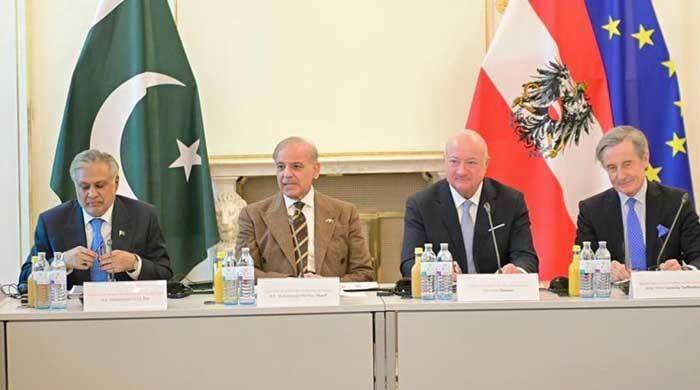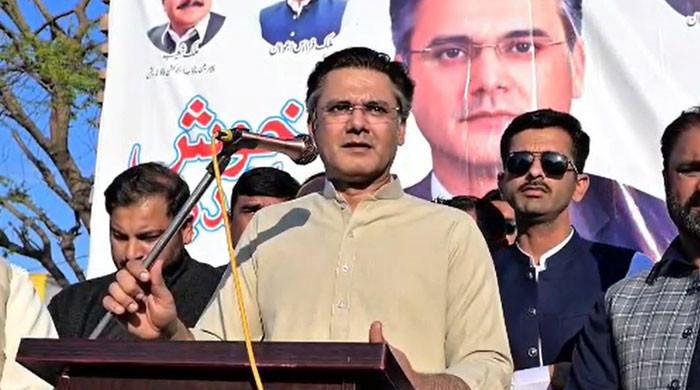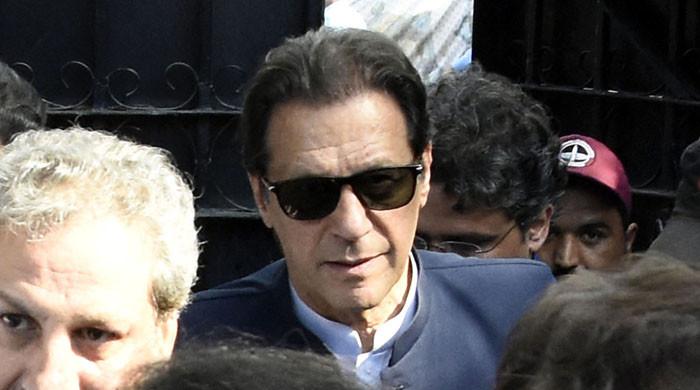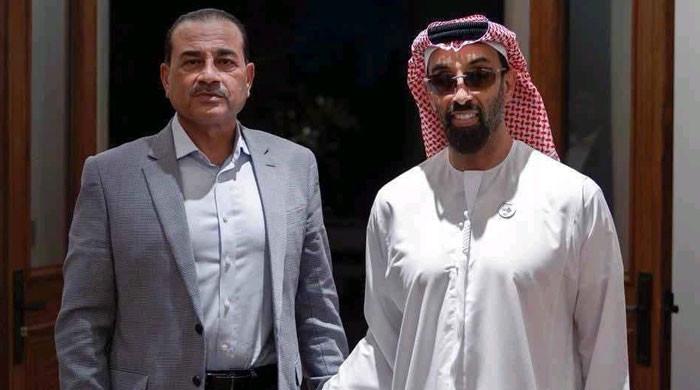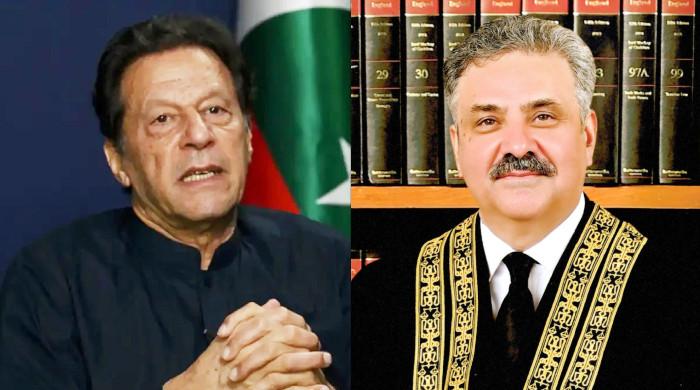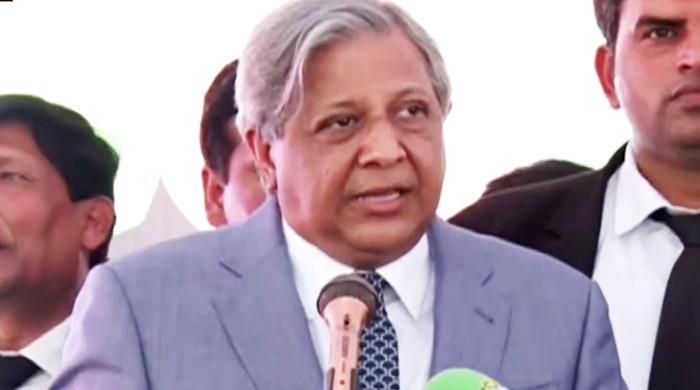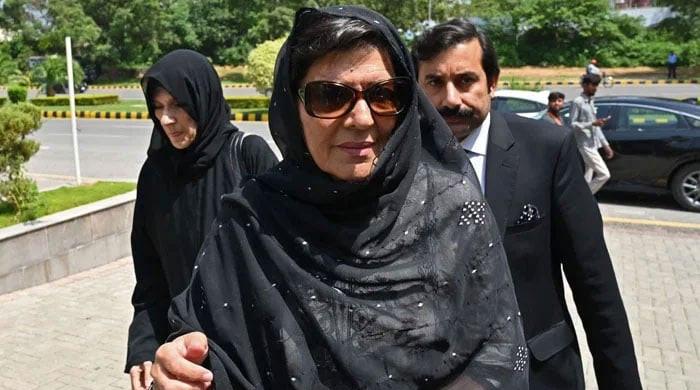Sri Lankan citizen's murder: ATC awards death penalty to six convicts
ATC awards life imprisonment to nine, while 72 convicts have been awarded two years of jail time
April 18, 2022
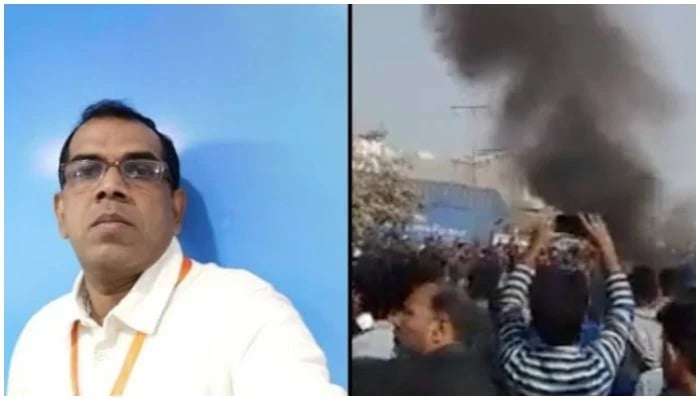
- ATC awards life imprisonment to nine convicts.
- 72 convicts have been awarded two-year imprisonment.
- Anti-terrorism court completes trial of the case in Kot Lakhpat Jail.
LAHORE: An Anti-Terrorism Court (ATC) on Monday sentenced six accused to capital punishment for their involvement in the murder of the Sri Lankan factory manager Priyantha Kumara.
A total of 89 men had been indicted in the murder case, of which nine are minors. Among these, the court has awarded life imprisonment to nine, while 72 convicts have been awarded two years of jail time.
Meanwhile, one convict — Ali Asghar — was awarded five years of jail time and one person has been acquitted in the case.
Those awarded the death penalty include Ali Hussain, Abu Talha, Muhammad Hameer, Taimur, Abdul Rehman, and Mohammad Arshad.
Meanwhile, Rohail Amjad, Mohammad Shoaib, Ehtisham, Imran Riaz, Sajid Ameen, Zaigham Mehdi, Ali Hamza, Luqman Haider, and Abdul Saboor are among the nine convicts who have been awarded life imprisonment.
- Capital punishment has been awarded to six convicts
- Life imprisonment awarded to nine convicts
- 72 convicts sentenced to two years of jail time
- One convict sentenced to five years in prison
- One person acquitted in the case
- A total of 89 had been convicted
Last year, a brutal mob beat to death and set alight Priyantha Kumara, a 48-year-old Sri Lankan citizen and factory manager in Punjab’s city of Sialkot. The then prime minister Imran Khan had condemned the vigilante violence and vowed to bring the perpetrators to justice.
The anti-terrorism court completed the trial of the case in Kot Lakhpat Jail. Both the prosecution and the defence had concluded their arguments in the case that was heard on a daily basis. The statements of the investigation officers and eyewitnesses had also been recorded.
During the trial, presided over by judge Natasha Naseem, the prosecution had brought to court 46 eyewitnesses. Furthermore, it submitted as evidence the CCTV footage of 10 cameras installed at the site of the murder, as well as videos taken from the mobile phones of 55 accused men.
The investigation and trial were completed by a five-member team headed by public prosecutor Abdul Rauf Wattoo.
What happened?
Kumara, working as a manager at a private factory in Sialkot, was beaten to death in December by a mob after being accused of blasphemy in highly controversial circumstances.
Workers of a garment industry, which was located on Sialkot’s Wazirabad Road, had alleged that the foreigner had committed blasphemy, reportedly after he tore down some posters from the factory's walls ahead of a scheduled inspection.
The mob subsequently murdered him and set his body on fire.
The mob had also vandalised the factory and blocked traffic, according to police.
The brutal murder had elicited shock and drawn widespread condemnation from the Pakistani citizenry, senior government functionaries, including the prime minister and president, as well as the military's top leadership, who promised to bring all those involved to the book.
Police had subsequently arrested more than 100 suspects for their suspected involvement in the case, including two individuals described as the main accused.




